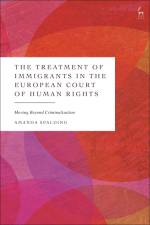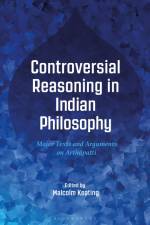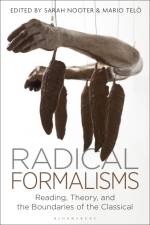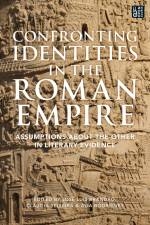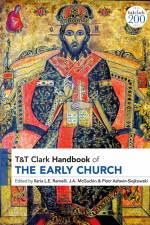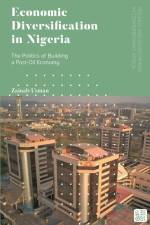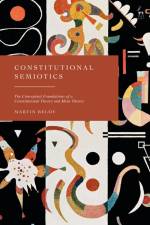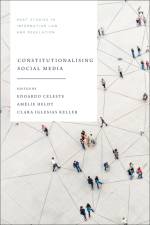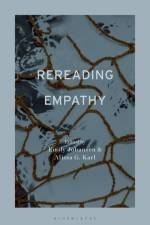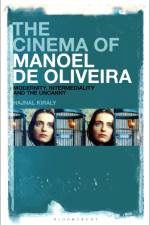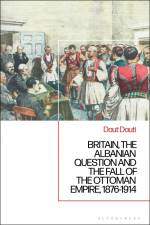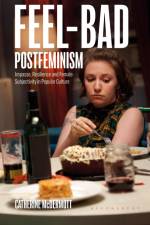av Martin Ebers
719
This book provides original, diverse, and timely insights into the nature, scope, and implications of Artificial Intelligence (AI), especially machine learning and natural language processing, in relation to contracting practices and contract law. The chapters feature unique, critical, and in-depth analysis of a range of topical issues, including how the use of AI in contracting affects key principles of contract law (from formation to remedies), the implications for autonomy, consent, and information asymmetries in contracting, and how AI is shaping contracting practices and the laws relating to specific types of contracts and sectors. The contributors represent an interdisciplinary team of lawyers, computer scientists, economists, political scientists, and linguists from academia, legal practice, policy, and the technology sector. The chapters not only engage with salient theories from different disciplines, but also examine current and potential real-world applications and implications of AI in contracting and explore feasible legal, policy, and technological responses to address the challenges presented by AI in this field. The book covers major common and civil law jurisdictions, including the EU, Italy, Germany, UK, US, and China. It should be read by anyone interested in the complex and fast-evolving relationship between AI, contract law, and related areas of law such as business, commercial, consumer, competition, and data protection laws.







